Traveler's Tummy Trouble: Food Safety in Japan & How to Handle Stomach Issues
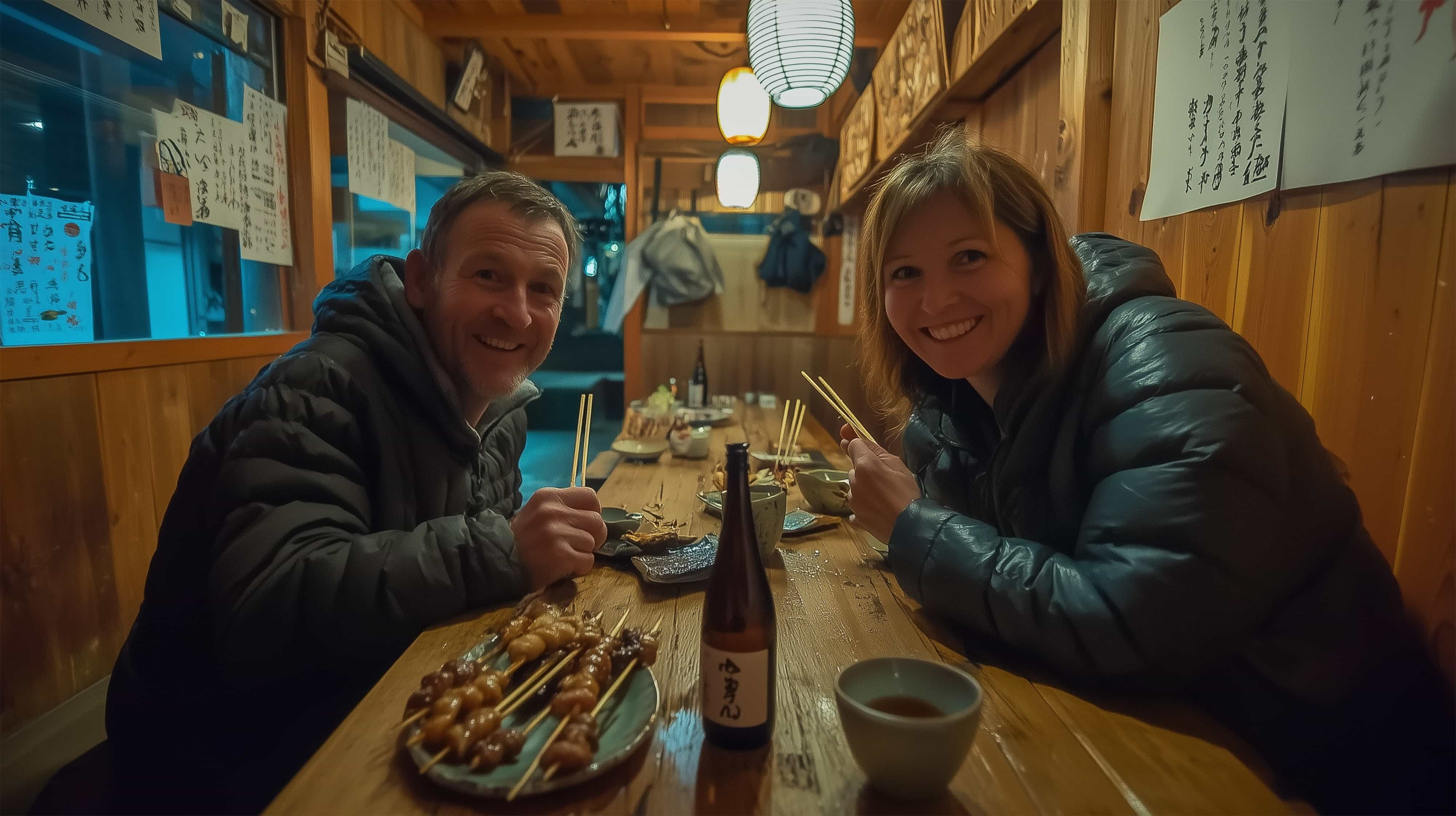
One of the greatest joys of traveling in Japan is, without a doubt, the food. From delicate sushi and sashimi to hearty bowls of ramen and crispy tonkatsu, the culinary landscape is a huge part of the adventure. But with new foods and a different routine, sometimes our stomachs can protest. This is often called "traveler's diarrhea" or simply tummy trouble, and it can happen to any sick tourist in Japan, no matter how careful they are.
First, let's be clear: Japan has some of the highest food safety standards in the world. The issue is rarely about cleanliness. More often, it's our bodies adjusting to different foods, ingredients, and bacteria that are new to our systems. So, while you're unlikely to get "food poisoning" in the traditional sense, knowing how to prevent and manage an upset stomach is key to a happy trip. This guide will cover what to do if sick in Japan with stomach problems, from prevention tips to seeking help.
Part 1: Prevention – Enjoying Japanese Cuisine with Confidence
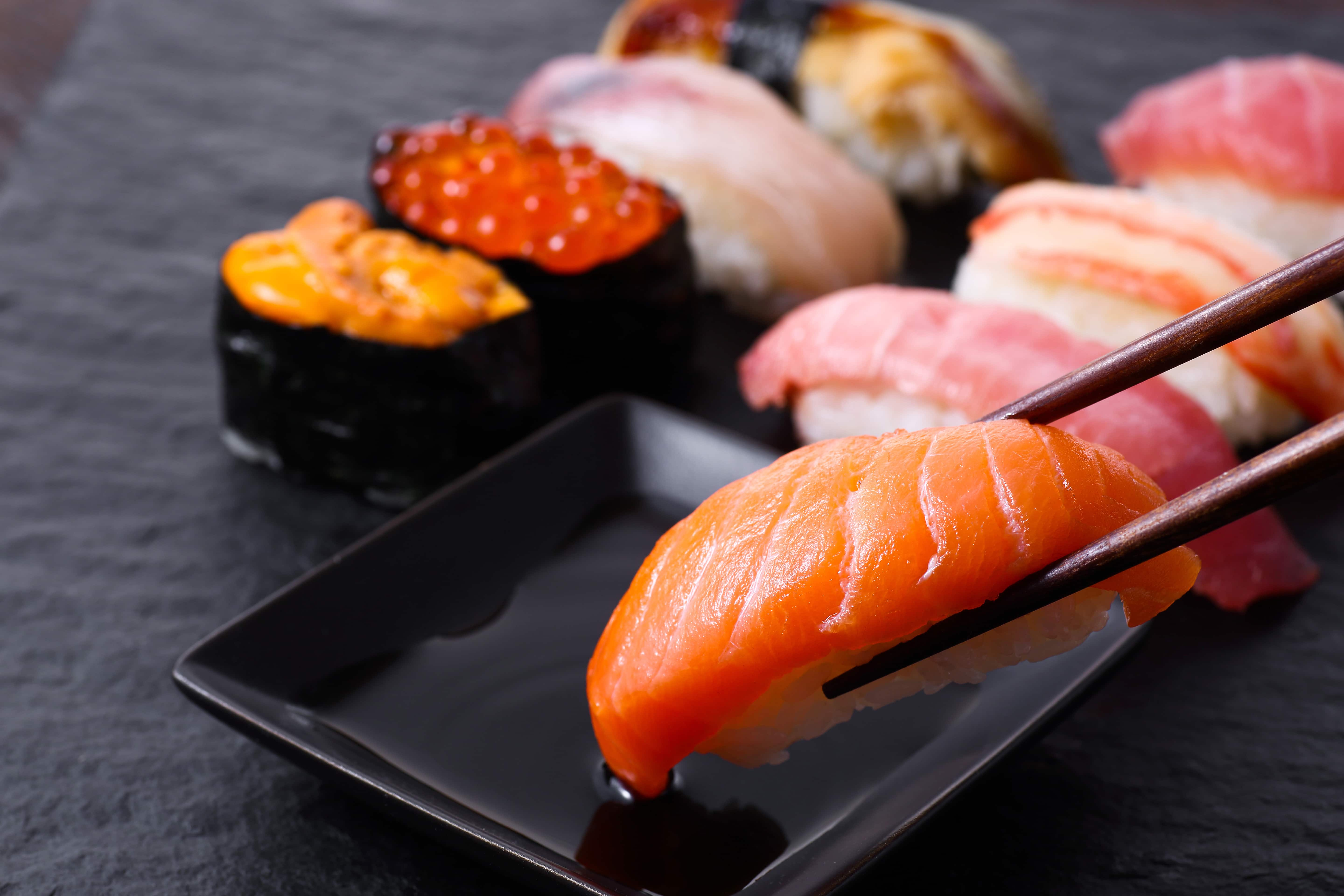
An ounce of prevention is worth a pound of cure. Here's how you can be kind to your stomach while still enjoying Japan's incredible food.
Pace Yourself
It's tempting to try everything at once, but diving into a diet of rich, oily, or raw foods can be a shock to your system. Try to balance heavier meals like ramen or tempura with lighter ones like soba noodles or a simple teishoku (set meal) with grilled fish and rice.
Tips for Specific Foods
- Raw Fish (Sushi & Sashimi): Japan's handling of raw fish is an art form with impeccable standards. To be extra safe, choose reputable restaurants – a good sign is a place that's busy with locals. Don't be afraid to enjoy it!
- Tap Water: The tap water throughout Japan is perfectly safe to drink and of very high quality. There's no need to rely solely on bottled water.
Practice Good Hand Hygiene
This is a universal travel rule. Wash your hands frequently with soap and water, or use an alcohol-based hand sanitizer before eating. Many Japanese restaurants provide a wet towel (oshibori) for this purpose.
Part 2: What to Do When Tummy Trouble Strikes
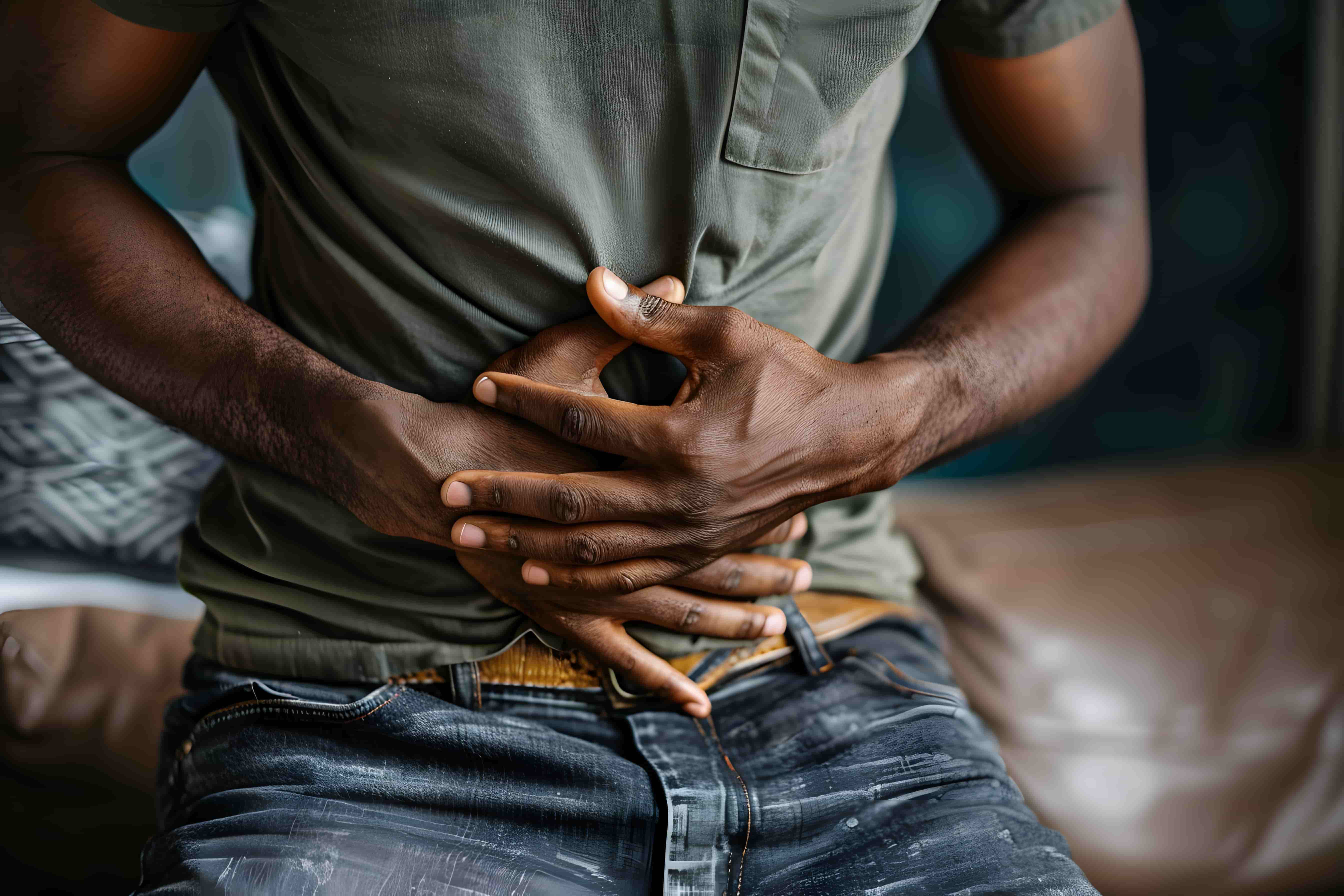
Despite your best efforts, you might still experience diarrhea (下痢 - geri) or a stomachache (お腹が痛い - onaka ga itai). If this happens, don't panic. Here are the immediate self-care steps.
Step 1: Rest Your Digestive System
If you have diarrhea or stomach cramps, the best thing you can do initially is to give your stomach a rest. Stick to simple, gentle foods for a day or two.
Step 2: Hydration is Your Top Priority
With diarrhea, you lose fluids and electrolytes quickly, which can lead to dehydration. This is the most important thing to manage. Drink plenty of clear fluids like water, weak tea, or clear broth. For more effective rehydration, look for oral rehydration solutions (経口補水液 - keikō hosui-eki) at any drugstore. Sports drinks can also help.
Step 3: The "Japanese B.R.A.T." Diet
Once you feel up to eating, stick to bland, easy-to-digest foods. This approach, similar to the B.R.A.T. (Bananas, Rice, Applesauce, Toast) diet recommended by health professionals worldwide, gives your digestive system a much-needed break. Japan has some perfect options:
- Okayu (お粥): A simple, watery rice porridge. It's the ultimate Japanese comfort food for when you're unwell. You can find it pre-packaged at convenience stores.
- Udon Noodles: A bowl of plain udon noodles in a simple, clear broth is very gentle on the stomach.
- Plain Rice or Rice Crackers (Senbei): Easy and bland.
- Bananas: Available at every convenience store and supermarket.
For a day or two, try to avoid dairy products, greasy or fried foods, spicy dishes, and alcohol.
Part 3: Navigating Japanese Drugstores
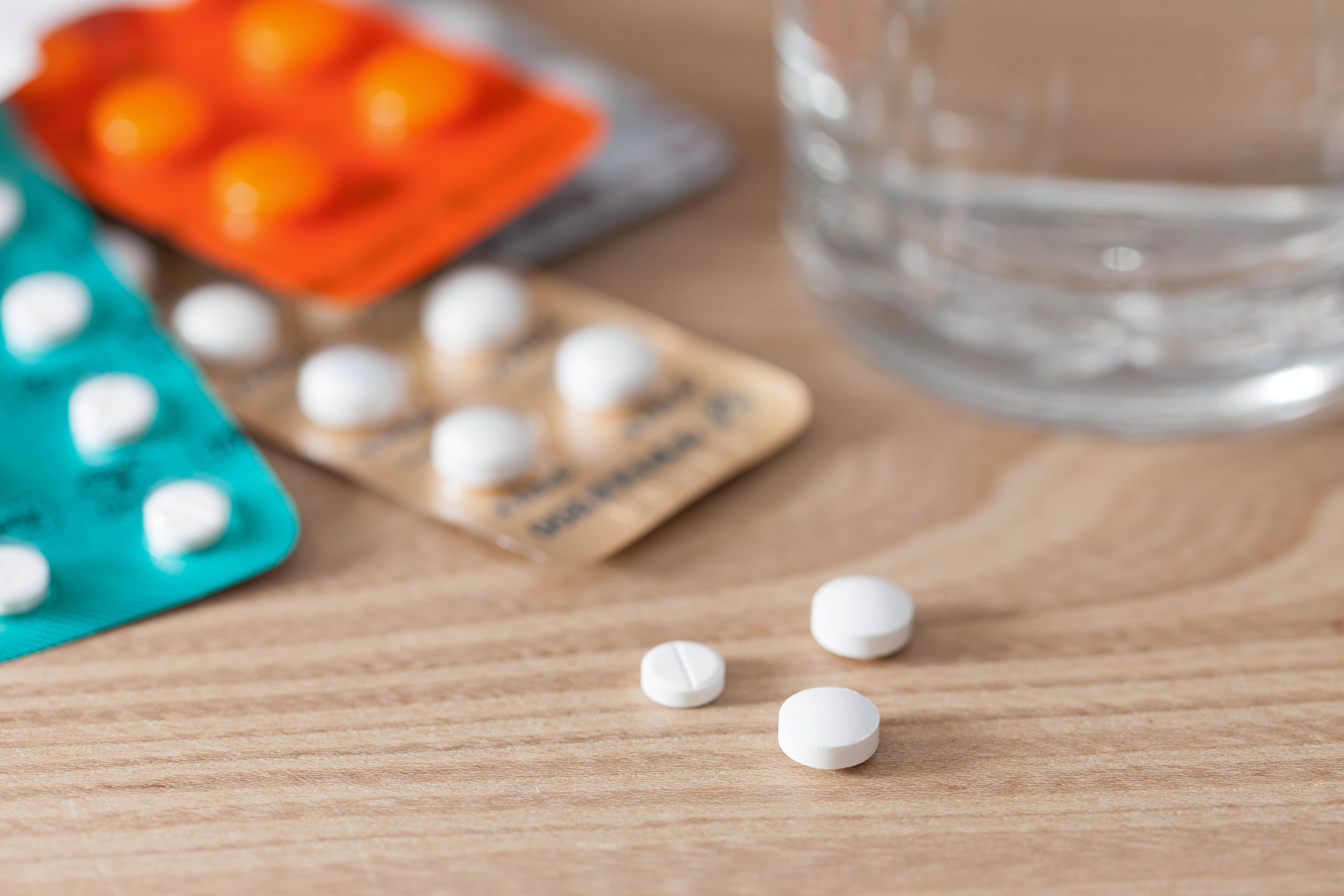
If your symptoms are mild but bothersome, you can find effective over-the-counter (OTC) medicines. When you enter a drugstore, you can ask the pharmacist (薬剤師 - yakuzaishi) for help.
- For Diarrhea: Ask for "geridome" (下痢止め). Be aware that these medicines stop the symptoms but don't treat an underlying infection. It's often best not to take them if you have a fever, as it might be better for your body to expel the bacteria.
- For Stomach Pain/Indigestion: Ask for "ichōyaku" (胃腸薬). There are many types, so explaining your symptoms is helpful.
Use a translation app or these simple phrases: "Geri o shite imasu" (I have diarrhea) or "Onaka ga itai desu" (I have a stomachache).
Part 4: When You Need to See a Doctor

Self-care is fine for mild cases, but you should seek professional medical advice if you experience any "red flag" symptoms:
- Severe abdominal or rectal pain.
- Symptoms that last for more than 2-3 days.
- A high fever.
- Blood in your stool.
- Signs of severe dehydration (like dizziness, not urinating for many hours, extreme weakness).
This is where a tourist's anxiety can peak. You might be wondering, "Where is a medical clinic near me?" or "Is the clinic near me open now?" Finding a clinic, like the Tokyo Medical and Surgical Clinic, can be difficult, and you might worry if you will find an English-speaking doctor in Tokyo. The stress of figuring this out while feeling sick is the last thing you need. This is where a modern solution comes in.
Part 5: Your Convenient & Reassuring Solution: HOTEL de DOCTOR 24
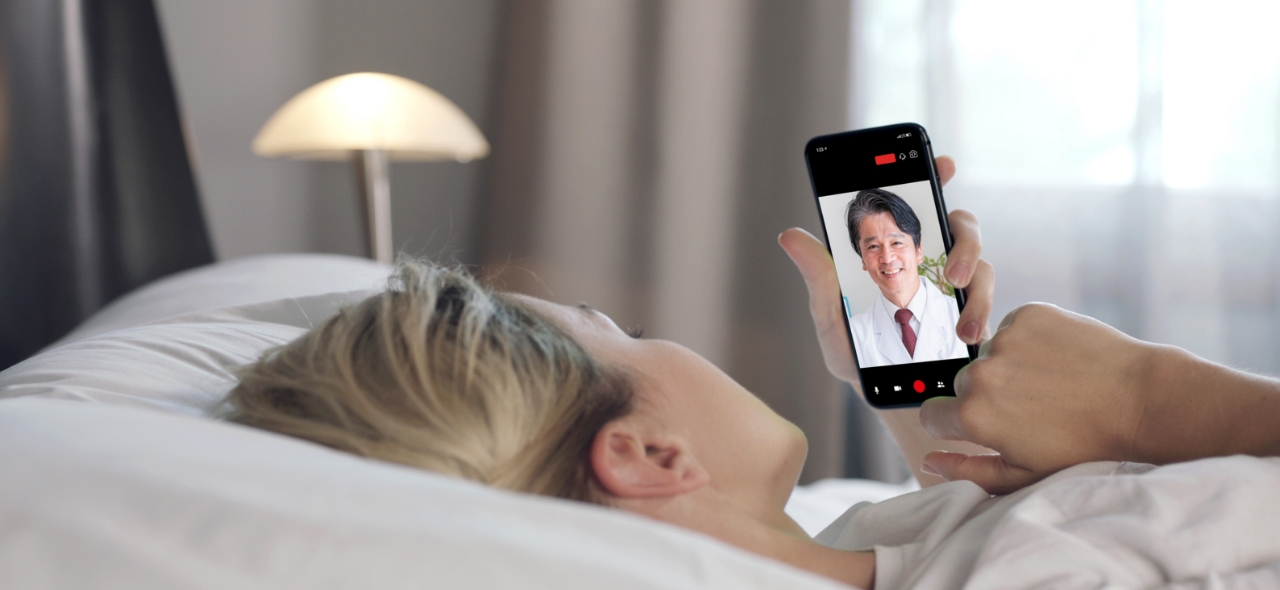
For non-emergency but distressing situations like severe traveler's diarrhea, an online doctor service can be a lifesaver. This is exactly why HOTEL de DOCTOR 24 was created—to help tourists navigate these exact problems with ease and confidence.
HOTEL de DOCTOR 24 is an online doctor service in Japan designed for international visitors. Visit them at www.hoteldedoctor24.com. Here's how it helps:
- Consult from Your Hotel Room: The ultimate convenience when you have stomach trouble. There's no need to travel while feeling unwell. You can have an online doctor consultation from your bed.
- Speak to an English-Speaking Doctor: You can communicate your symptoms clearly and without stress, unlike the uncertainty of finding a local Japanese doctor who speaks English. It's a direct line to a professional who understands you.
- Get Fast, Professional Advice: An online doctor appointment can help you understand if your symptoms are normal or require further attention. The online doctor can provide guidance on OTC medications and tell you exactly what warning signs to look for.
- Receive a Medical Certificate: If your travel insurance requires documentation, you can often get a medical certificate online following your consultation. This simplifies the claims process immensely. It's the modern version of a clinic for online services.
Conclusion: Eat Well, Travel Smart
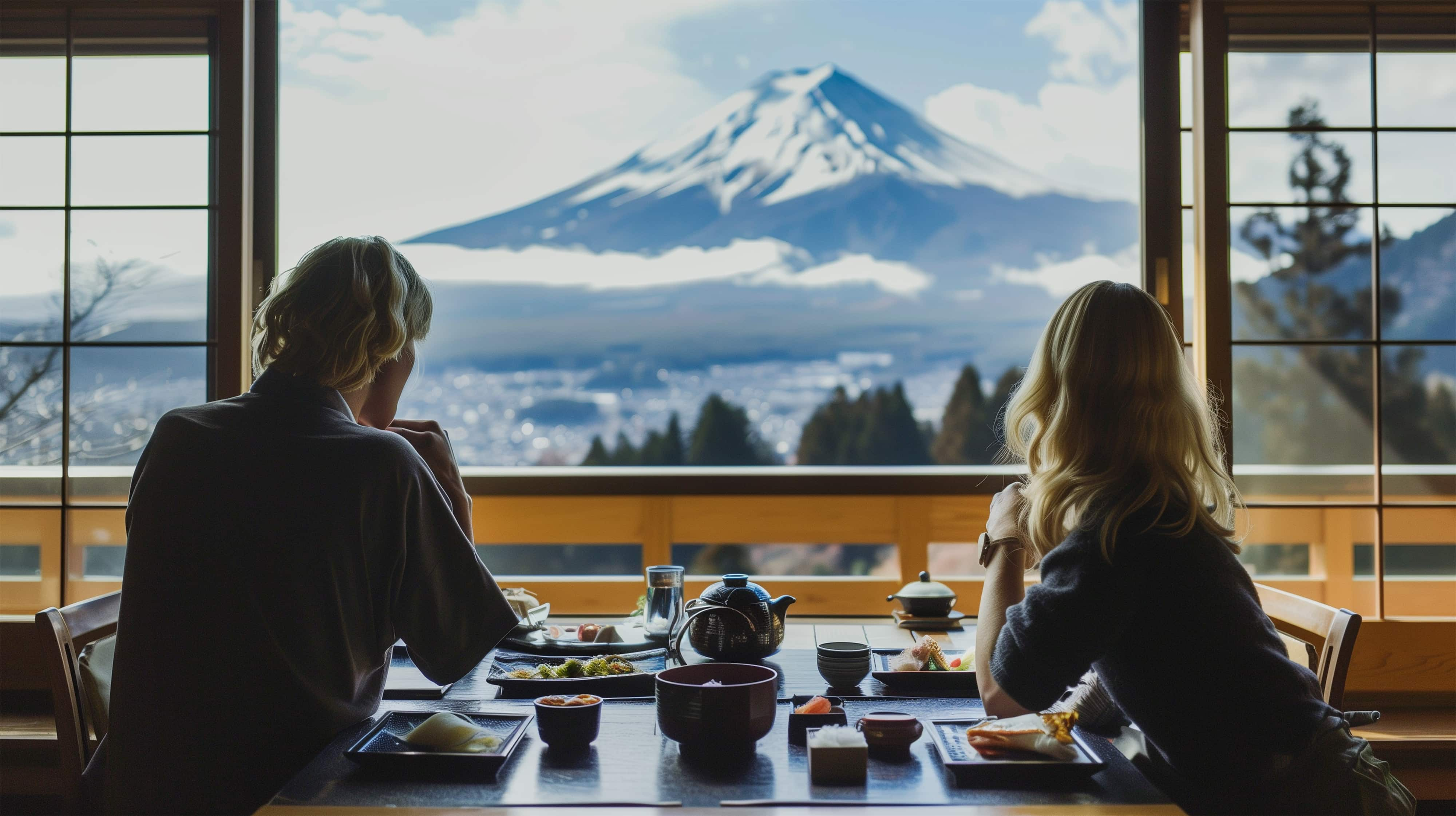
Japanese food is an incredible experience, and you should enjoy it fully. By pacing yourself and knowing what to do if sick in Japan with a mild stomach issue, you can handle most problems yourself. For anything more serious or worrying, remember that you don't have to navigate the local medical system alone.
Services like HOTEL de DOCTOR 24 provide a crucial safety net, offering peace of mind and allowing you to get back to your adventure as quickly as possible.
Don't let tummy troubles ruin your trip. Have a reliable healthcare partner on hand.
Visit HOTEL de DOCTOR 24 at www.hoteldedoctor24.com to learn more about their online doctor consultation services.
Enjoy your culinary journey through Japan!
For Further Information & Official Guidance
The advice in this article is consistent with standard travel medicine recommendations and Japanese public health information. For more details, please consult these authoritative sources:
- Ministry of Health, Labour and Welfare (MHLW) of Japan: Food Poisoning Prevention - Provides official guidance on food safety in Japan. (Primarily in Japanese, but translatable). Visit the MHLW Page
- U.S. Centers for Disease Control and Prevention (CDC): Health Information for Travelers to Japan - Offers comprehensive health advice for travelers, including food and water safety. Visit the CDC's Japan Page
- Japan National Tourism Organization (JNTO): "Guide for when you are feeling ill" - A practical resource for any health-related issue a tourist might face. Visit the JNTO Guide
Disclaimer: This article is for informational purposes only and does not constitute medical advice. For severe symptoms, a high fever, or if you are unable to keep fluids down, please seek immediate in-person medical attention or call 119 for an ambulance in Japan. Always consult a healthcare professional for diagnosis and treatment of medical conditions.
